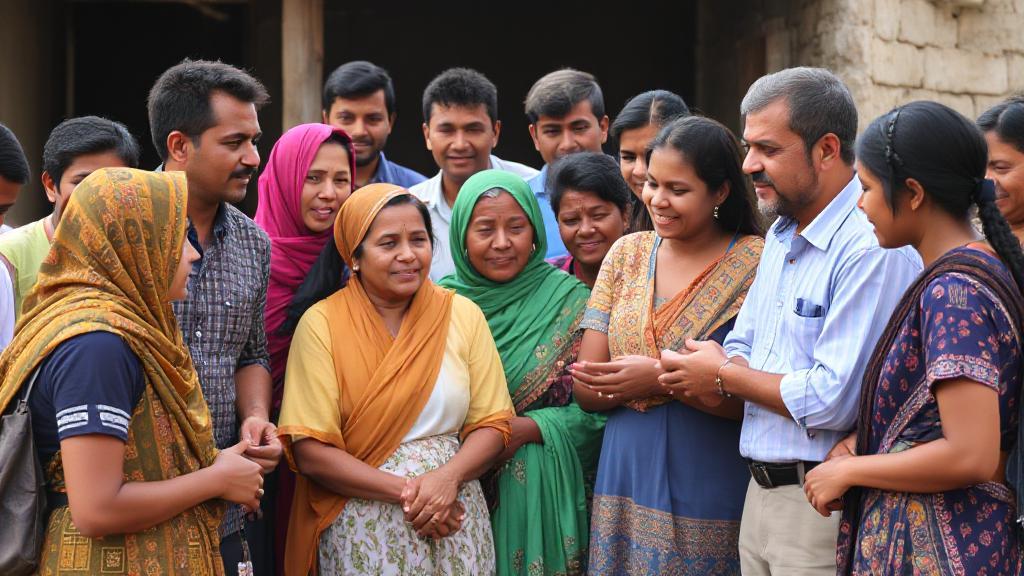Introduction
Missionaries have played a significant role in shaping societies and cultures throughout history. Their work involves spreading religious beliefs, providing humanitarian aid, and fostering cultural exchange. Understanding their role and purpose requires examining their historical context, contemporary functions, and the impact they have on the communities they serve.
Historical Context
The concept of missionaries dates back to ancient times, with roots in various religious traditions. Christian missionaries have been active since early Christianity, with figures like the Apostle Paul traveling extensively. Similarly, Buddhist missionaries spread Buddhism across Asia, with notable figures like Ashoka the Great promoting the faith beyond India.
Key Historical Missions
- The Jesuit Missions: Founded in the 16th century, pivotal in spreading Catholicism globally
- The Moravian Missions: Active in the 18th century, focusing on indigenous peoples
- Early Buddhist monks traveling across Asia
- Christian apostles spreading throughout the Roman Empire
The Purpose of Missionaries
Religious Outreach
At the core of missionary work is sharing religious beliefs through:
- Evangelism: Sharing religious teachings and converting individuals
- Church Planting: Establishing new congregations
- Respecting local customs and beliefs
- Collaborating with local leaders
Humanitarian Services
Missionaries provide essential services to underserved communities:
- Medical care and health education
- Literacy programs and educational development
- Agricultural training
- Clean water initiatives
- Disaster relief
- Social services for marginalized groups
Cultural Exchange
Missionaries serve as bridges between cultures, facilitating:
- Language Development: Translating texts and creating written forms of local languages
- Cultural Preservation: Documenting indigenous cultures and traditions
- Cross-cultural partnerships
- Indigenous leadership development
Training and Preparation
Modern missionaries undergo extensive preparation, including:
Academic Requirements
- Theological training
- Cultural studies
- Language acquisition
- Health and safety preparation
Professional Skills
Challenges and Controversies
"The goal of modern missionary work should be to empower communities while respecting their autonomy and dignity." - International Journal of Mission Studies
Key challenges include:
- Cultural Imperialism: Accusations of imposing foreign beliefs
- Ethical Concerns: Debates over evangelism methods
- Security Risks: Working in volatile regions
- Language Barriers: Communicating effectively
- Funding: Securing resources
Future of Missionary Work
The role continues to evolve with:
- Digital outreach programs
- Sustainable development focus
- Indigenous leadership emphasis
- Cross-cultural partnerships
- Community-owned projects
For more information, visit resources like:
Conclusion
Missionaries continue to play a complex and influential role in today's world. Their work spans religious, humanitarian, and cultural domains, combining traditional religious outreach with humanitarian service while emphasizing respect for local cultures and sustainable development. As global dynamics shift, their approach and impact will likely continue to evolve, reflecting broader societal changes and the ongoing dialogue between faith and culture.
